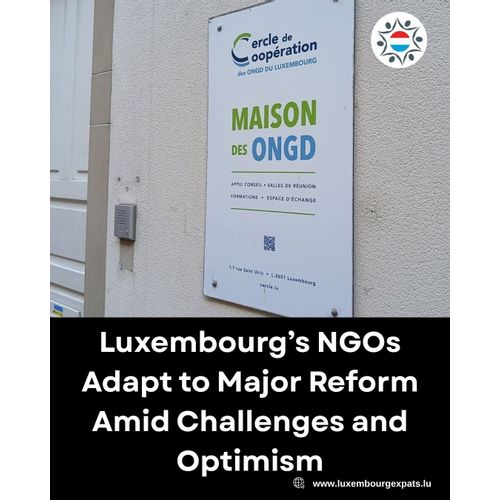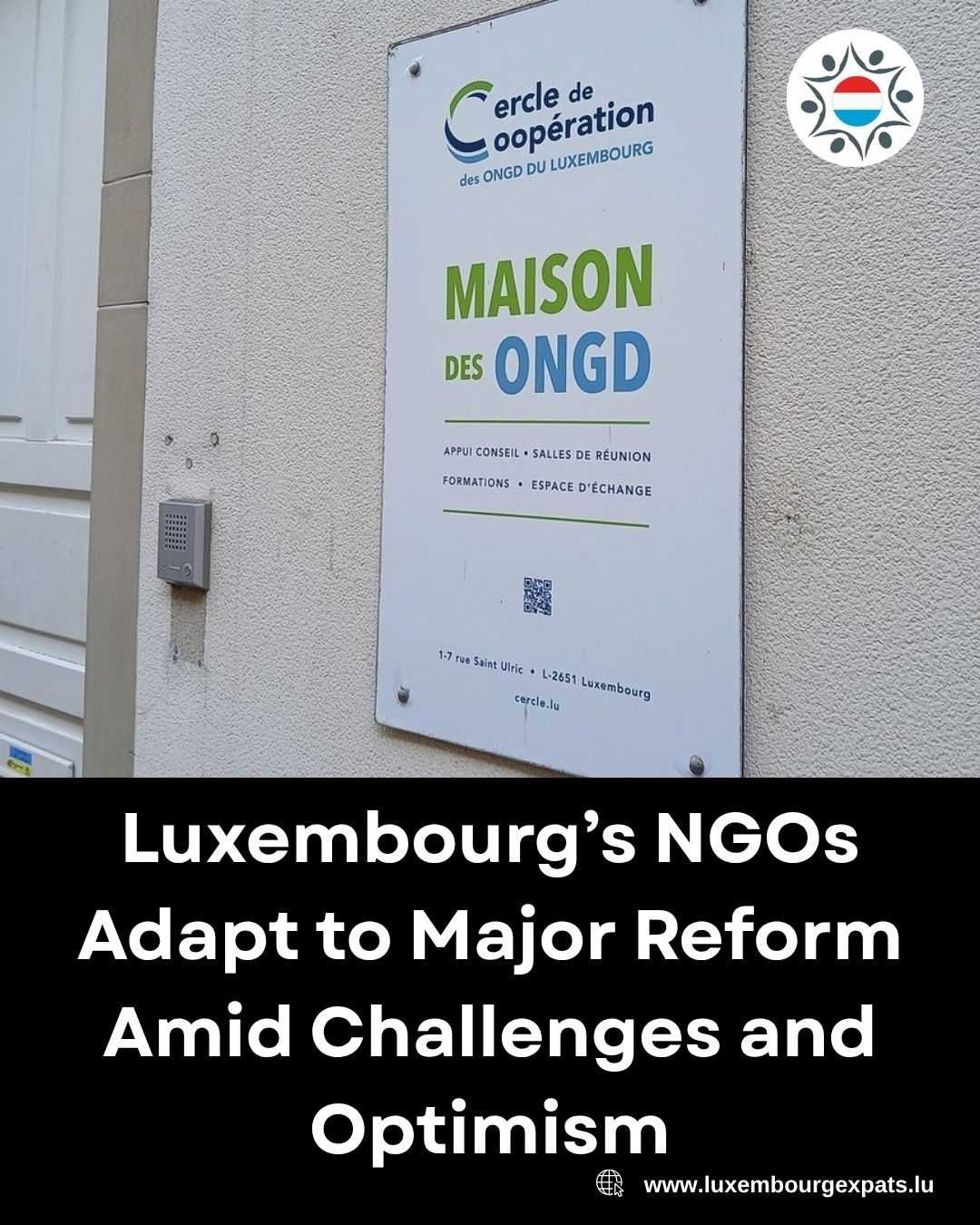Luxembourg’s NGOs Adapt to Major Reform Amid Challenges and Optimism
LuxembourgPosted on 06 October 2025 by Team · 2 min readLuxembourg’s development NGOs are adjusting to a sweeping reform introduced by the Ministry of Foreign and European Affairs, which requires them to collaborate in thematic consortia for awareness and education projects. The change represents a major shift in how these organisations operate, moving from independent project work toward structured partnerships designed to strengthen cooperation and long-term impact.
For years, NGOs in Luxembourg have carried out educational activities such as school visits and public campaigns individually, each submitting and managing its own proposals. Under the new framework, they are now expected to join forces within three to six thematic consortia. While some organisations had prior experience working together, the scale and speed of the transition have been challenging.
Nicole Ikuku, Director of the Cooperation Circle of NGOs in Luxembourg, noted that many organisations initially feared being “forced into partnerships” that did not align strategically. “Collaboration has to be built on shared objectives and clear added value,” she explained, adding that despite these concerns, nine consortia were eventually formed. Around one-third of NGOs, however, chose not to participate, either because they lacked the staff capacity or felt the new structure did not fit their mission.
The reform has required a complete restructuring within a single year — a process that took five years in Belgium and is still evolving there even a decade later. Many NGOs have expressed fatigue from the administrative and organisational workload. Another significant change lies in evaluation: NGOs must now demonstrate measurable results, such as whether students who attended awareness sessions go on to organise their own initiatives. The Cooperation Circle has suggested that such assessments would be more credible if carried out by an external body.
Financially, the awareness-raising budget has seen a temporary dip, from €4.8 million in 2023 to €4.5 million in 2025. However, funding is expected to increase again to €5 million in 2026 and reach €6 million by 2029, indicating the government’s long-term support for the sector.
Amid the challenges, there is also a positive development: the long-awaited Maison des ONG — or House of NGOs — is finally becoming a reality. Located at 55 Avenue de la Liberté, the shared space for NGOs is expected to open either at the end of this year or in early 2026. It will receive an annual state budget of €600,000 to support its operations.
For Luxembourg’s NGO community, the reform marks both a demanding transition and a promising opportunity. While the path toward collaboration has tested many organisations, it also sets the stage for a more unified, sustainable, and impactful approach to international cooperation in the years ahead.
oecd.org/en/publications/oecd-development-co-operation-peer-reviews-luxembourg-2025_3713cf73-en.html
Join the community of your own - #1 home-grown LuxExpats app
SignUp Free : luxembourgexpats.lu
I am your contact
Team
Chat








